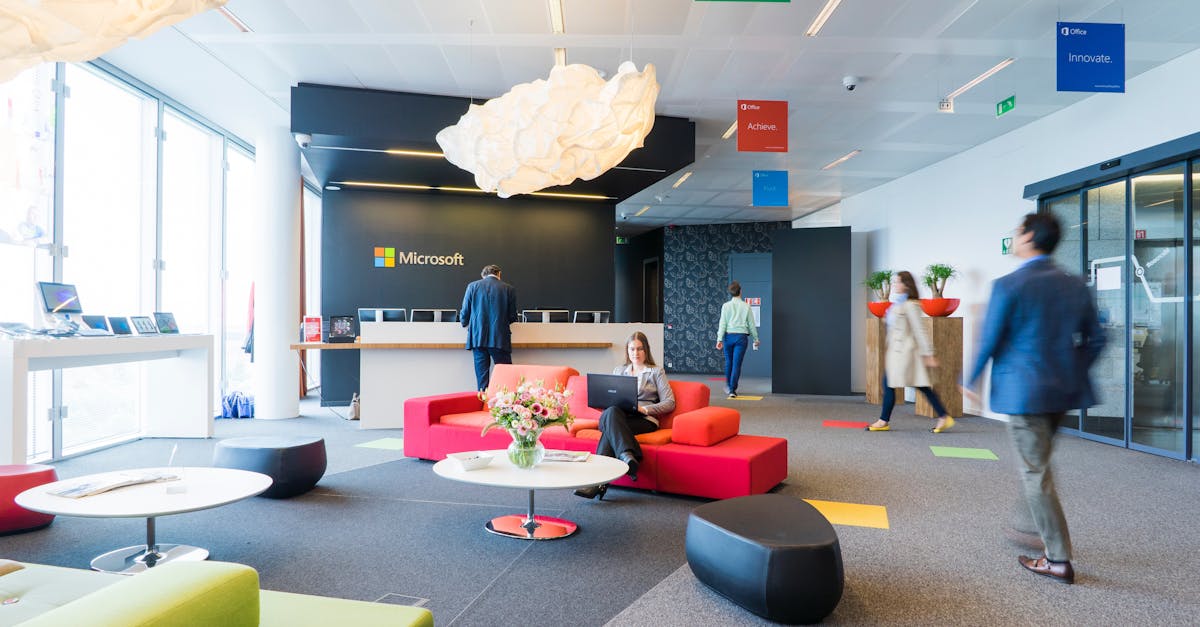Tips for Effective Kitchen Cleaning in Office Spaces

This applicator is highly effective in applying floor finishes such as wax or sealants evenly and without streaks, ensuring a unProfessional deep cleaning services play a crucial role in maintaining a clean and hygienic kitchen environment in office spaces. These services are essential to ensure that all areas of the kitchen, including hard-to-reach spots, are thoroughly cleaned and disinfected. By scheduling regular deep cleaning sessions, you can prevent the build-up of grease, grime, and bacteria, which can lead to health and safety hazards.iform and attractive look to the floor. It can reach corners and tight spaces with ease, making it a handy tool for comprehensive floor maintenance tasks. The lambswool applicator is easy to clean and maintain, making it a cost-effective and durable choice for those looking to achieve a high-quality finish on their floors.
Deep cleaning services should be conducted by trained professionals who have the expertise and equipment to tackle the specific cleaning needs of a commercial kitchen. They will use specialised cleaning agents and techniques to ensure that surfaces, appliances, and equipment are sanitised effectively. Investing in professional deep cleaning services not only helps in maintaining a safe and healthy work environment but also prolongs the lifespan of kitchen equipment and prevents costly repairs or replacements in the long run.Innovations in Floor Stripping Technology
Dealing with Food Waste and Recycling EffortsAnother exciting innovation is the introduction of oscillating floor machines that provide a gentler yet efficient way to strip floors. These machines use oscillating motion to remove old finishes without causing damage to the underlying surface, resulting in a more precise and controlled stripping process. With these technological advancements, floor maintenance professionals can achieve high-quality results while minimising the impact on the environment and indoor air quality.
Essential Tools and Supplies for Office Kitchen Cleaning
Strategies for Preventing Cross-Contamination in Office Kitchens